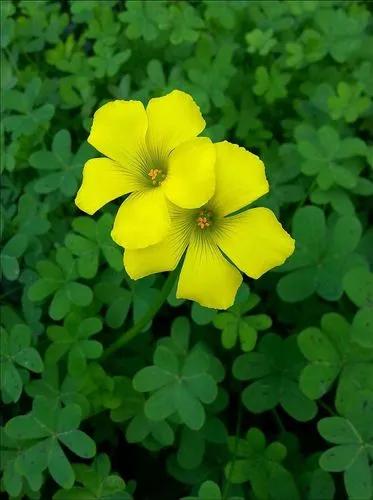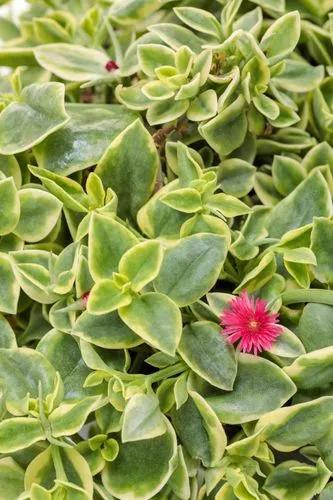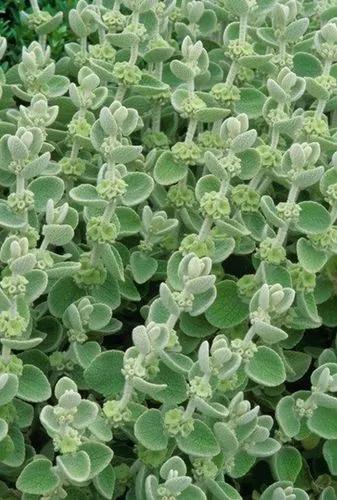The Allen Chickering sage has among the finest foliage and flower fragrances among our California native flora. It is a cultivar that grows with a mounding habit, 3-4 ft. tall and usually 5-6'(occasionally 7') wide. Foliage is comprised of deeply wrinkled gray-green leaves that are wonderfully aromatic when crushed; very colorful blue-purple flowers occur for several weeks in early spring.This highly popular California native cultivar came from the hybridization of S. clevelandii and S. leucophylla. In early spring it provides striking flower color and foliage value in native and Mediterranean garden settings across the Inland Empire. It is a bold flowering accent plant in perimeter garden areas, on slopes and among mixed plantings; its foliage produces very noteworthy garden fragrance when touched. It does best in full sun, with good drainage and limited summer water.
Allen Chickering Sage Care
Salvia 'allen Chickering'



What is the plant
How to Care for the Plant

Water

with low amounts of supplemental water during summer.

Sunlight

Allen Chickering sage is naturally suited to grow in sunny locations

Soil

on well drained soils
Ease your plant care routine with PlantIn's personalized system.

Temperature

Cold Tolerance 25 С

Popularity

16 people already have this plant 4 people have added this plant to their wishlists
What's wrong with your plant?
Related Plants
Discover more plants with the list below
Popular articles






